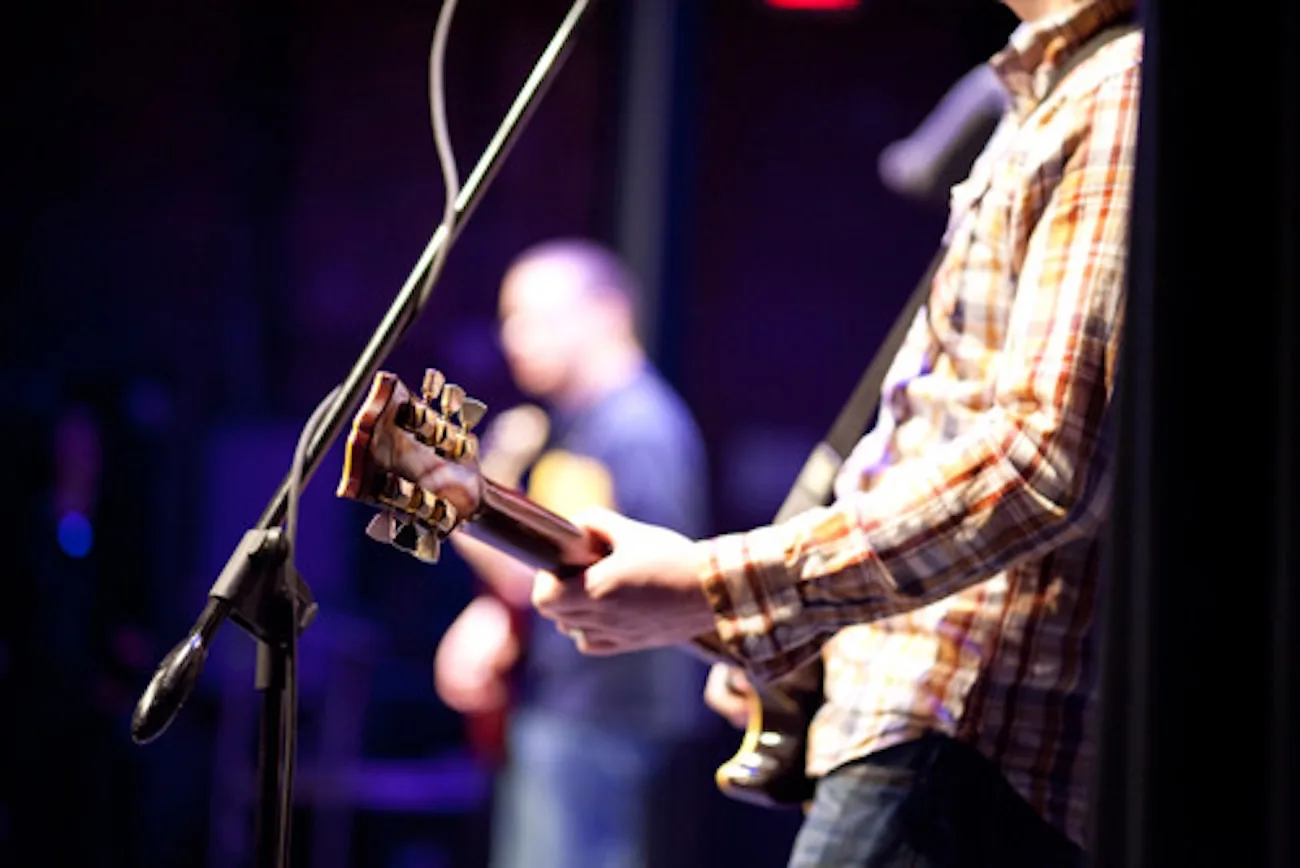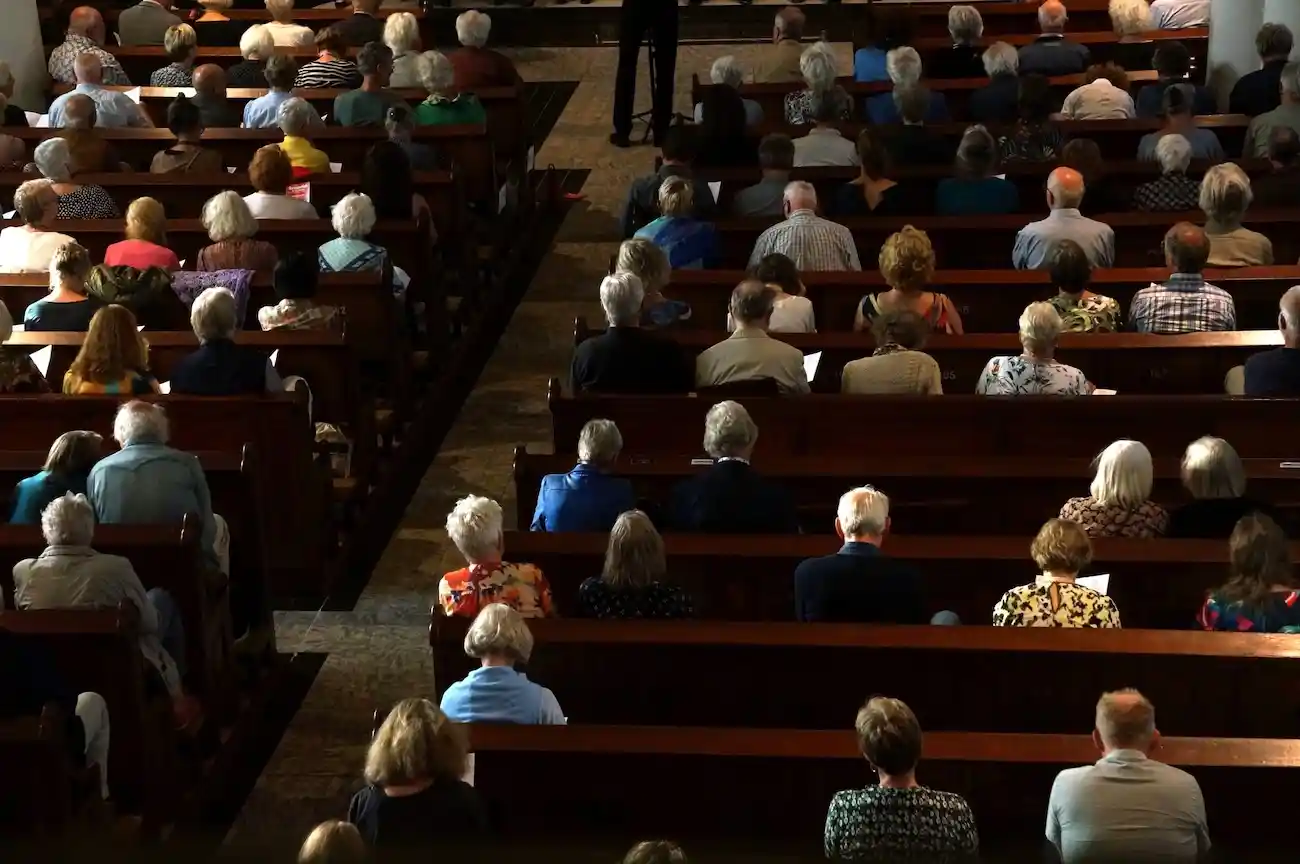From high costs of living to ever-changing and diverse demographics, planting a church in a big city can be challenging. We have always been in awe of how pastors serve their cities and foster close-knit communities in the midst of the hustle and bustle of city life.
Here are a few things to keep in mind when planting a church in the city.
1. Live like a local.
Earlier this year, in a sermon on serving the city, Tim Keller, pastor of New York City-based Redeemer Presbyterian Church, said, “You’re a resident, not a tourist.” That simple phrase can set a significant tone as you live in, preach in, and ultimately, serve in your city.
Don’t get me wrong, if you find yourself in a major city like New York or Houston, explore and make the most of being surrounded by all the iconic sites and fun activities. However, as a pastor, your goal is not to be another tourist. Tourists come, select what they want to see and experience, and have fun as they should because they’re on vacation – you’re not.
If you truly hope to impact people in a major city, you must walk alongside those who are commuting to work early in the morning, struggling to pay the insane rent, and experiencing the not-so-touristy side of life in city. Setting yourself apart as a resident instead of a tourist not only helps you relate to the people who call the city “home,” but more importantly, it communicates to your neighbors that you’re not here to just sightsee and leave; you’re here to serve and plant roots.
2. Be adaptable and influential.
When you live in a city like New York or Houston, you get to experience a world of cultures and a spectrum of lifestyles and beliefs. This is a unique opportunity, and often one of the best parts of city life. However, it can be challenging to be a beacon of hope amid so many contrasting worldviews and perspectives. This begs the question: How do you impact a city while immersing yourself in all it has to offer?
Trying to do this without adapting to the arts, cultures, and concerns of those around you is like trying to communicate the Gospel in another language.
It can be hard to feel like you’re making any sort of impact in such a big city, but before you give up, go out. Immerse yourself in the city life with the mindset of serving those who live in it. You will ultimately become more adaptable and influential in your ministry.
3. Accept a few harsh realities.
No matter where you decide to plant a church, finding a venue is a challenging task. It’s no secret that this is especially the case when it comes to cities. From ridiculous rent to large populations, finding a place to live, let alone plant a church, is difficult. Chances are, you won’t have a permanent building for a while, and you might have to move locations every few years (or few months). This may not always be the case, but it is a huge part of life in the city. Knowing and accepting this reality will help you adapt if and when you have to move.
Goodbyes are another inevitable part of living in the city. Any pastor who has stayed in the same area for a while has experience this, but this is magnified in the city. There is an unavoidable tension between establishing deep connections with people you know you might have say goodbye to in a short time. Cities are hubs for internships, temporary job opportunities, and significant change. It is essential to think about how you will navigate this tension.
Life and church in the city comes down to handling the different manifestations of the tension between settling while being ready to move at the drop of a hat. It is not easy, which is why I am thankful for those who plant churches in cities. Through them, I have learned that churches in the city are unique, challenging, and essential.


